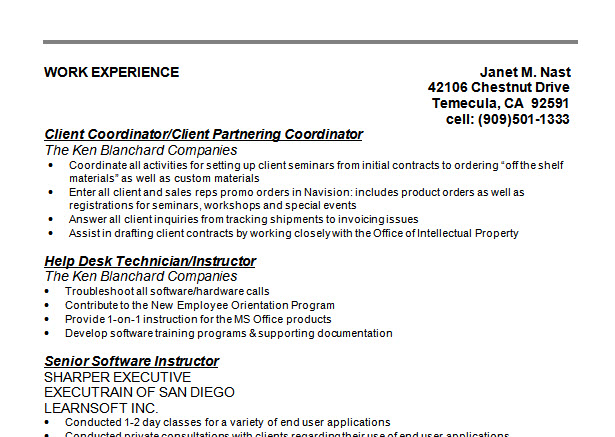At least in my opinion! Ha ha ha!
When should you use “You and me,” vs. “You and I?”

Actually, they do teach this one in school. I remember in the 8th grade my English teacher said all you have to do is drop the other person from the sentence and it’ll be clear as day which one you should use. Well, that was as clear as mud as far as I was concerned. It didn’t make sense to me until I was well into my 20’s. Until then, I always thought when in doubt I should always use the “and I” when talking about my friends and I.
How about you, is that what you think?
Just in case it doesn’t here are a few examples of what she was trying to teach me.
Let’s say:
Johnny and I want to go to the store for soda.
Or should it be:
Johnny and me want to go to the store for soda.
Here’s the trick to dropping the other person (Johnny) from that sentence:
I want to go to the store for soda.
Me want to go to the store for soda.
In that case you can see how obvious it is to use “you and I.”
Make sense? Here, let’s try it another way.
Let’s say:
How about you and me make a promise with Fred to help him in his garden this weekend?
Or should it be:
How about you and I make a promise with Fred to help him in his garden this weekend?
Now let’s drop the other person ("you") from that sentence and see how it sounds:
How about me make a promise with Fred to help him in his garden this weekend?
How about I make a promise with Fred to help him in his garden this weekend?
Here’s an example where the word “me” is more proper:
Tom, can you help the kids and I with the groceries?
Or should it be:
Tom, can you help the kids and me with the groceries?
And the litmus test looks like this:
Tom, can you help I with the groceries?
Tom, can you help me with the groceries?
Oh, and was this sentence correct in the introduction? Let’s take a look. Here’s the original sentence:
Until then, I always thought I was correct to use the “and I” when talking about my friends and I.
Or should it be:
Until then, I always thought I was correct to use the “and I” when talking about my friends and me.
Let’s put it to the test:
Until then, I always thought I was correct to use the “and I” when talking about I.
Until then, I always thought I was correct to use the “and I” when talking about me.
Would you like to learn more about our Life After 18 programs?
Click here to join our monthly news letter!
I’m also available for live Zoom and face-to-face presentations—perfect for teen youth groups, veteran groups, transition programs, or community events. Just send me an email at Jan@LifeAfter18.com and let's see what we can accomplish together!
If you have any questions, comments, or suggestions, please use the Contact Jan form located in the sidebar.
Sincerely,








